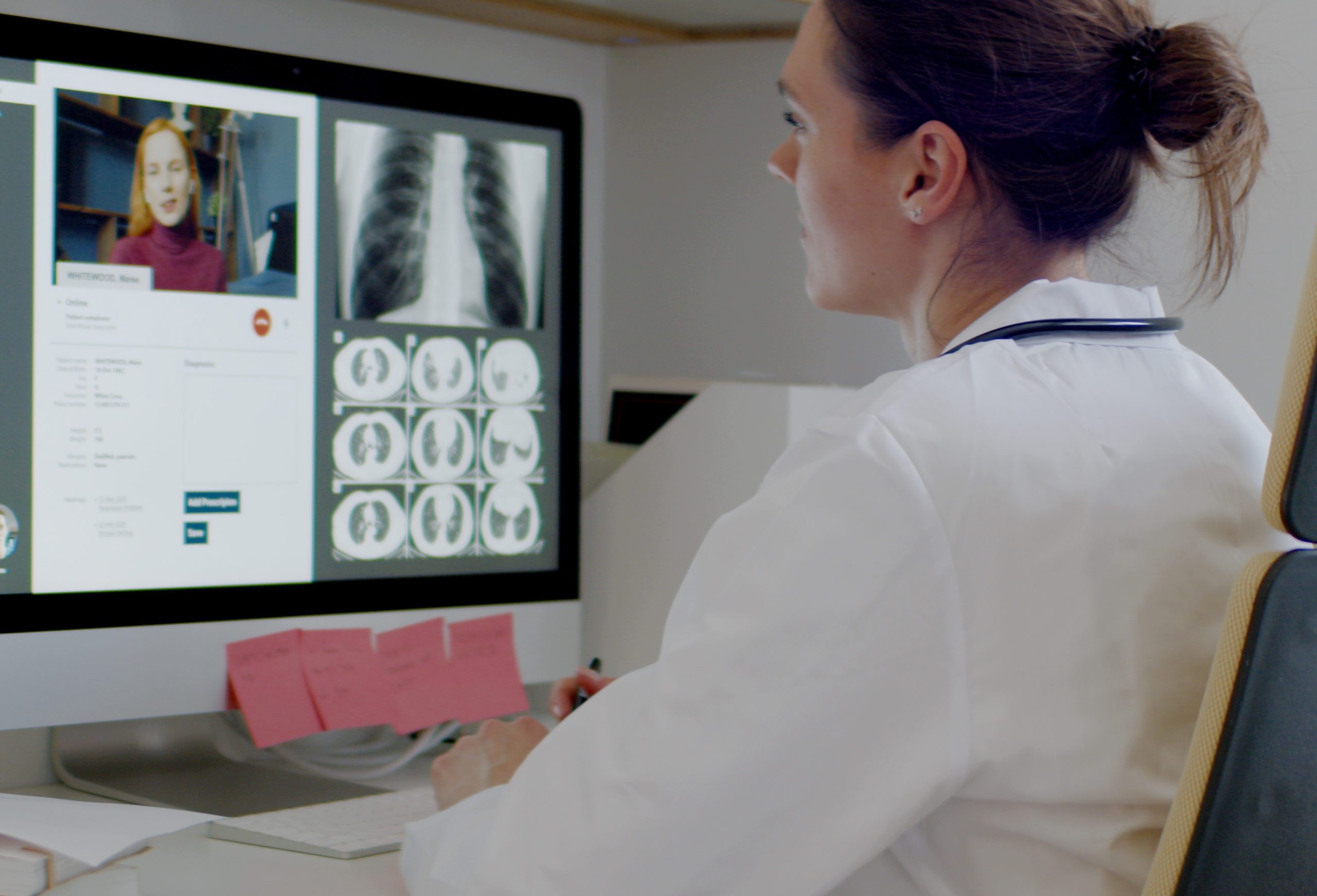Why Top MedTech Companies are Investing in Artificial Intelligence (MedTech Download)

Key Takeaways
- Artificial intelligence has been eagerly embraced in several industries, however healthcare has historically displayed caution. Yet, over the past few years, this trend seems to be shifting, as the biggest players in MedTech are announcing widespread adoption of these technologies.
- The hospital lobby recently lost an appeal to stave off requirements to reveal the negotiated prices they reach with insurers.
- The FDA has finalized the Safer Technologies Program for Medical Devices (STeP), which is targeted at products “with significant safety benefits in non-life-threatening or reasonably reversible conditions less serious than those eligible for the agency’s Breakthrough Devices Program.”
Hospitals Lose Another Attempt to Stave Off Price Transparency

There is no question that the United States has one of the most complex healthcare administration systems in the world. And while there are a staggering number of issues and unintended consequences associated with healthcare delivery, one complaint of many patients is the lack of price transparency in the hospital setting. In extreme cases, some consumers receive what can be financially debilitating “surprise bills” weeks or months after service. However, even without these dramatic examples, patients have long argued for transparency.
Last year the Trump administration announced new rules that would require hospitals to “reveal the secret negotiated prices they reach with insurers” by posting them online starting January 1 of 2021. The hospital lobby fought back, but a recent court decision rejected their request and upheld the new rules. One glaring “argument” made by an AHA attorney that was received by the judges with skepticism was when they were told that “certain prices are “unknowable.
Largest Players in MedTech Industry Embrace Artificial Intelligence

Traditionally, the medical technology space has approached artificial intelligence (AI) and machine learning (ML) with caution. From concerns about data breaches to hesitance in adopting dramatically new technologies, the industry as a whole has been slow to embrace these revolutionary advancements. But that has been changing. Over the past few years, AI has become a more pedestrian concept, entering our homes and existing in the mainstream. As far as medicine goes, we have often postulated about AI in healthcare, encouraging innovators to take advantage of this growing, and increasingly beneficial, technology.
And when it comes to AI and ML, top MedTech companies are leading the charge. As the Medical Device Network recently reported, “GE Healthcare, Medtronic, and Philips are some of the biggest investors in AI and ML.” And while each is approaching the technology in unique ways, the outlook is clear. The pandemic has lit a fire and spurred adoption at what the article describes as an “unprecedented rate.” It’s wise for entrepreneurs and innovators to continue to look to this space to uncover new applications and approaches to improve how we utilize these innovations.
FDA Finalizes Speedier Medical Device Pathway Alternative to Breakthrough Status

Several years ago, the FDA announced the Breakthrough Devices Program, an initiative aimed at giving certain medical devices and device-led combination products a faster pathway to market. In order to qualify for the program, the device or product must “provide for more effective treatment or diagnosis of life-threatening or irreversibly debilitating diseases or conditions.” For example, these conditions would include strokes, heart attacks, cancer, severe trauma and ALS. And while the program was not entirely new, replacing existing FDA approval programs, it did create an faster pathway for these devices to reach approval.
However, there are other devices that the FDA has determined should be offered the opportunity to be fast-tracked but do not meet the requirements of the Breakthrough Devices Program. As a result, the FDA recently announced that it has finalized an alternative, the Safer Technologies Program for Medical Devices (STeP). This ancillary solution is targeted at products “with significant safety benefits in non-life-threatening or reasonably reversible conditions less serious than those eligible for the agency’s Breakthrough Devices Program.” You can find additional details here.
Sensor Converts Forearm Signals to Control Prosthetic Hands
Speaking of AI and machine learning, it is true that some areas of MedTech have been slow to incorporate these advancements into their existing projects. However, some of the most groundbreaking medical device innovations on the horizon find their largest value proposition rooted in these very technologies.
As recently reported by Medgadget, “Researchers at the University of California, Berkeley have developed a wearable sensor that can measure electrical signals in the forearm and use AI to correlate them with hand gestures, such as the movements of individual fingers.” While the team demonstrated that the application of this technology can be used to control robots and other machines, the clear implication is that this tech would allow patients with an amputation to control a prosthesis much as they would their own body. Watch the video above to learn more about how this technology is created and used.
Stay up-to-date on everything that matters to MedTech entrepreneurs and executives. Subscribe below to receive industry insights, MedTech resources, and more delivered directly to your inbox.




